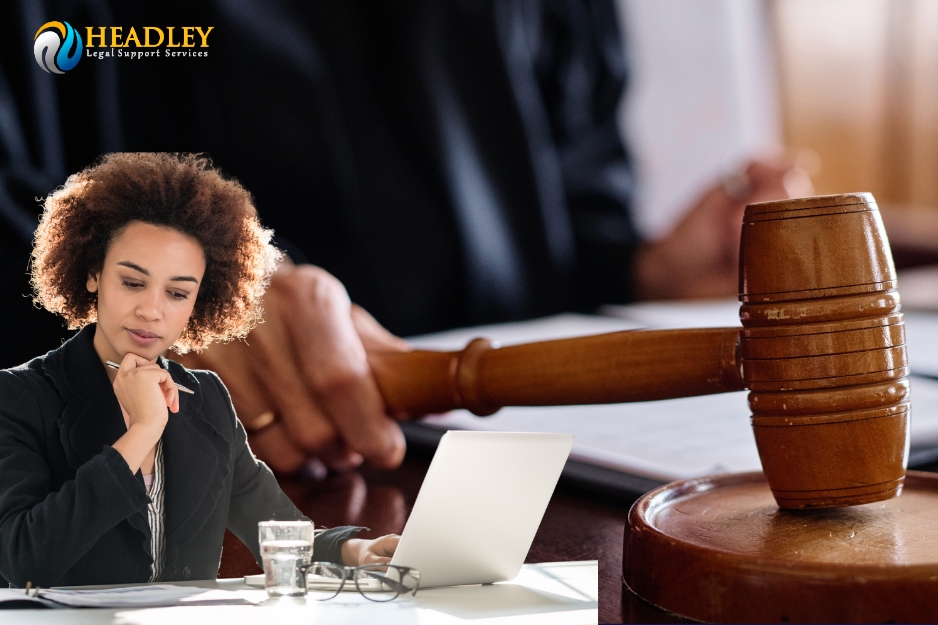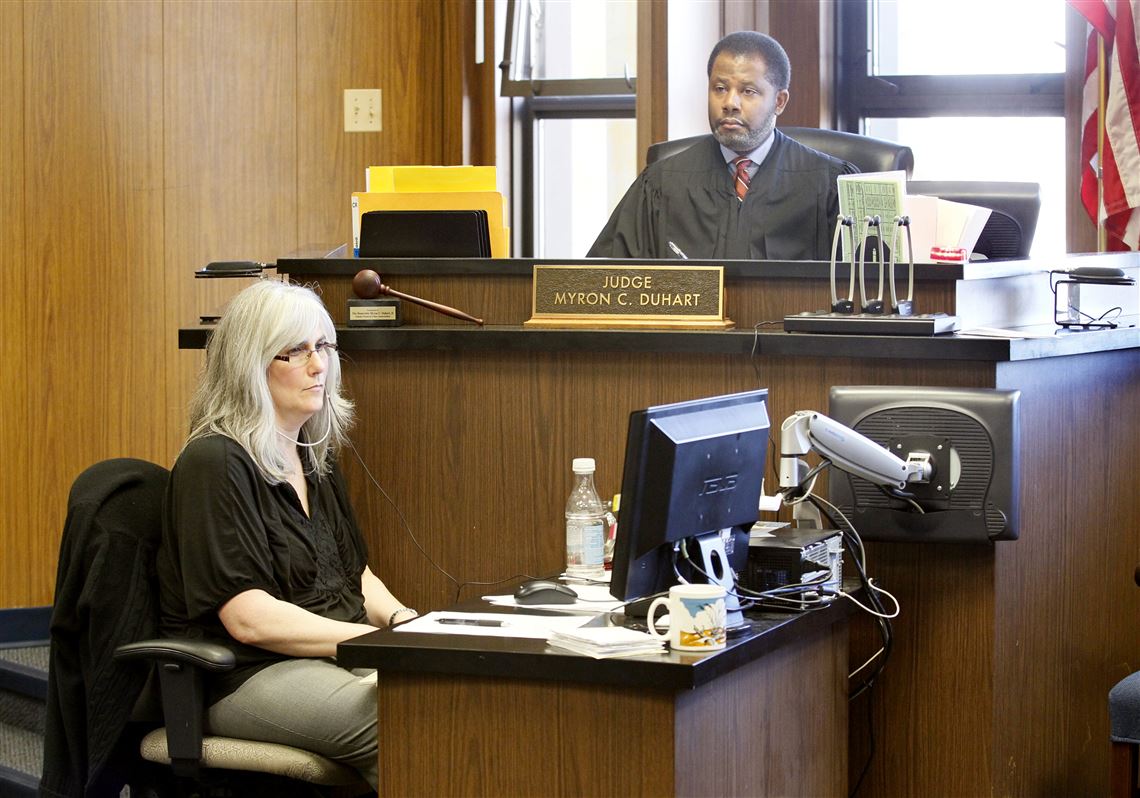The Significance of Court Reporting in Ensuring Accurate Legal Proceedings
Court reporting is an essential part of the lawful system. It gives a impartial and accurate record of courtroom tasks. This documents is important for charms and lawful research study, ensuring that every talked word is caught accurately. The honesty of lawful proceedings counts heavily on these transcripts. However, the role of innovation and evolving practices questions concerning the future of court reporting and its effect on justice. What changes lie ahead?
The Duty of Court Reporters in the Legal System
Court reporters play a vital function in the lawful system by offering accurate and unbiased records of process. Their work warranties that court discussions, witness statements, and lawful disagreements are faithfully documented, working as a main record for future referral. This documentation is essential for charms, lawful study, and preserving the stability of judicial procedures. Court reporters are educated professionals competent in stenography and various taping innovations, allowing them to capture talked words with accuracy. They need to have an extensive understanding of legal terminology and courtroom methods, ensuring that their transcripts fulfill the standards needed by the judicial system. Additionally, they may offer real-time transcription services, enabling courts and lawyers to gain access to information instantaneously during process. By fulfilling these duties, court press reporters help with transparency, liability, and the reasonable administration of justice, therefore enhancing the fundamental principles of the legal system.
Guaranteeing Precision in Transcription
Precision in transcription is critical for maintaining the integrity of lawful procedures. Court press reporters meticulously capture every word talked during depositions, hearings, and tests, assuring that the official document shows the real dialogue and exchanges that occur. This precision is critical, as also minor mistakes can result in considerable misconceptions or misinterpretations of the legislation.
To achieve this level of accuracy, stenotype reporter employ numerous strategies, including energetic listening and the use of specialized shorthand approaches. Continual training and knowledge with lawful terminology likewise improve their capacity to produce trustworthy transcripts.
Furthermore, the confirmation procedure is vital; reporters usually evaluate their records for prospective inconsistencies prior to last submission. This persistance not only promotes the quality of legal paperwork but likewise supports the judicial process, permitting lawyers and courts to reference accurate documents when making choices. Ultimately, exact transcription promotes count on the legal system and guarantees that justice is served.
The Impact of Innovation on Court Reporting
As innovation remains to evolve, its influence on court reporting has actually ended up being significantly considerable. Digital videotaping systems and speech recognition software have actually transformed typical techniques, offering brand-new devices for capturing talked dialogue. These developments enhance effectiveness and access, allowing much faster transcription and real-time reporting. In addition, cloud-based platforms facilitate smooth sharing of transcripts, enhancing cooperation amongst lawyers.

Inevitably, while innovation improves the rate and access of court reporting, it highlights the requirement for human oversight to preserve the quality and accuracy vital for lawful process. As the field remains to adjust, the assimilation of innovation will play a crucial function fit the future of court reporting.

The Significance of Discretion and Integrity
Privacy and stability are basic principles that underpin the practice of court reporting in legal proceedings (durham court reporting). Court press reporters are handed over with delicate details, requiring them to maintain discernment and secure the privacy of all parties involved. This privacy promotes a relying on setting where plaintiffs and witnesses can speak freely, making sure that the lawful procedure is fair and just
Stability is just as necessary; stenotype reporter need to give accurate and unbiased records, serving as the authorities document of the proceedings. Any lapse in integrity can bring about misconceptions, potentially influencing situation outcomes and weakening the judicial system.
Future Trends in Court Reporting
The landscape of court reporting anonymous is advancing in feedback to technological developments and the transforming needs of the legal career. Emerging trends include the integration of man-made intelligence and real-time transcription services, which enhance effectiveness and precision. Court press reporters are progressively using digital devices, such as cloud-based systems, permitting smooth cooperation among lawful teams and easier accessibility to records.
Additionally, the increase of remote court procedures has motivated the advancement of specialized training for press reporters in online environments. This shift not only adjusts to the demands of a globalized legal landscape yet additionally addresses difficulties postured by geographical barriers.
In addition, the emphasis on access is driving technologies in transcription styles, making certain that legal papers satisfy diverse audiences. Generally, the future of court reporting is characterized by a mix of conventional abilities and modern index innovation, placing reporters as essential gamers in the lawful procedure.
Frequently Asked Concerns
What Credentials Are Required to Come To Be a Court Press Reporter?
To come to be a stenotype reporter, individuals typically need a high college diploma, specialized training click now in court reporting, effectiveness in shorthand or voice writing, and certification or licensing, depending upon the jurisdiction and specific task needs. - durham court reporting
Just How Do Court Reporters Maintain Their Skills Gradually?
Court reporters keep their skills gradually with continual education and learning, practice, and interaction with expert organizations. They frequently participate in workshops, use advanced technology, and join certification programs to boost their effectiveness and adjust to evolving criteria.
What Obstacles Do Court Reporters Face in Their Occupation?
Court reporters run into numerous challenges, consisting of taking care of high-pressure settings, adjusting to varied accents and languages, maintaining technical proficiency, making sure precision under limited deadlines, and managing emotionally billed testaments that may impact focus and efficiency.
Are Court Reporters Associated With Other Lawful Settings Besides Courts?
Stenotype reporter are indeed associated with different lawful setups past court rooms, consisting of depositions, settlement hearings, and administrative process. Their know-how warranties precise transcripts in these settings, adding to the clearness and dependability of lawful documentation.
Just How Do Court Press Reporters Take Care Of Stressful Situations Throughout Proceedings?

Stenotype reporter manage difficult circumstances by preserving emphasis, using efficient time administration abilities, and using their training to stay tranquil. They commonly practice deep breathing and utilize approaches to lessen disturbances, guaranteeing exact documentation under pressure.
Court reporting is an essential part of the lawful system. Court press reporters play a crucial duty in the lawful system by supplying unbiased and precise records of process. Inevitably, while technology enhances the rate and accessibility of court reporting, it underscores the requirement for human oversight to preserve the high quality and accuracy vital for lawful procedures. Discretion and honesty are essential concepts that underpin the method of court reporting in lawful procedures. Court press reporters are without a doubt entailed in different legal setups past court rooms, including depositions, adjudication hearings, and management process.